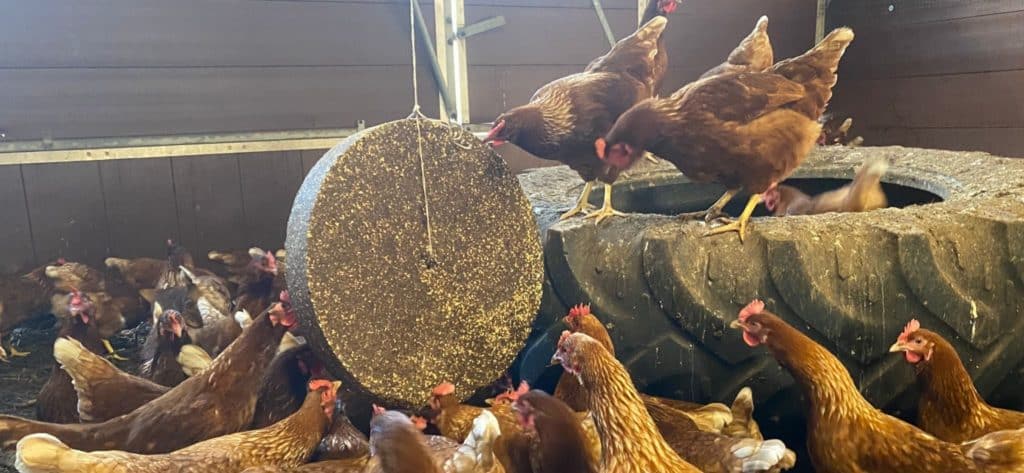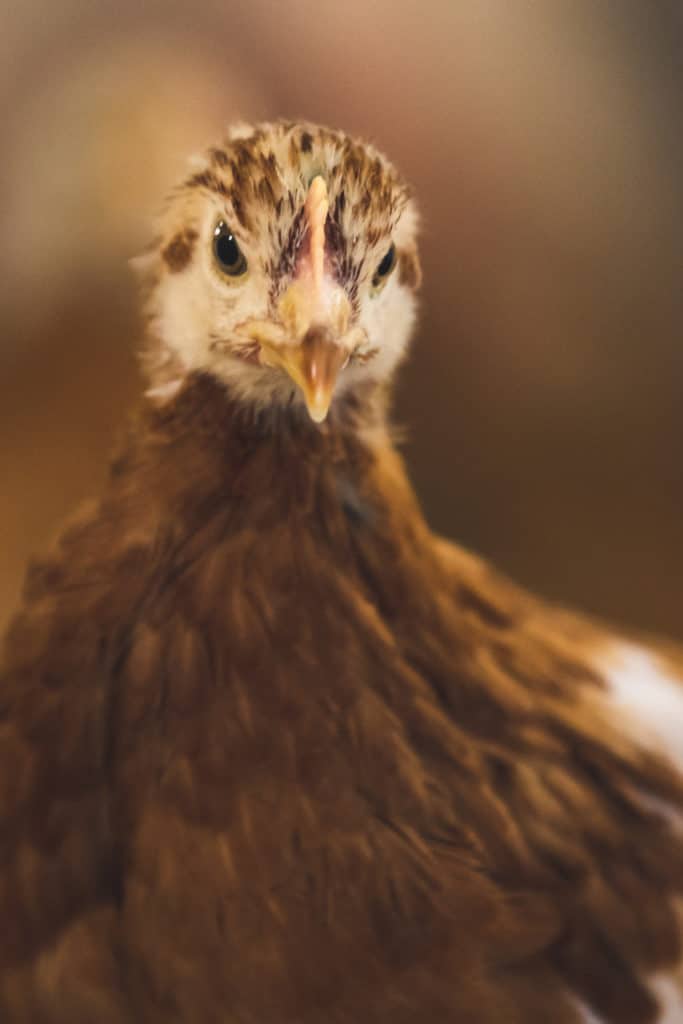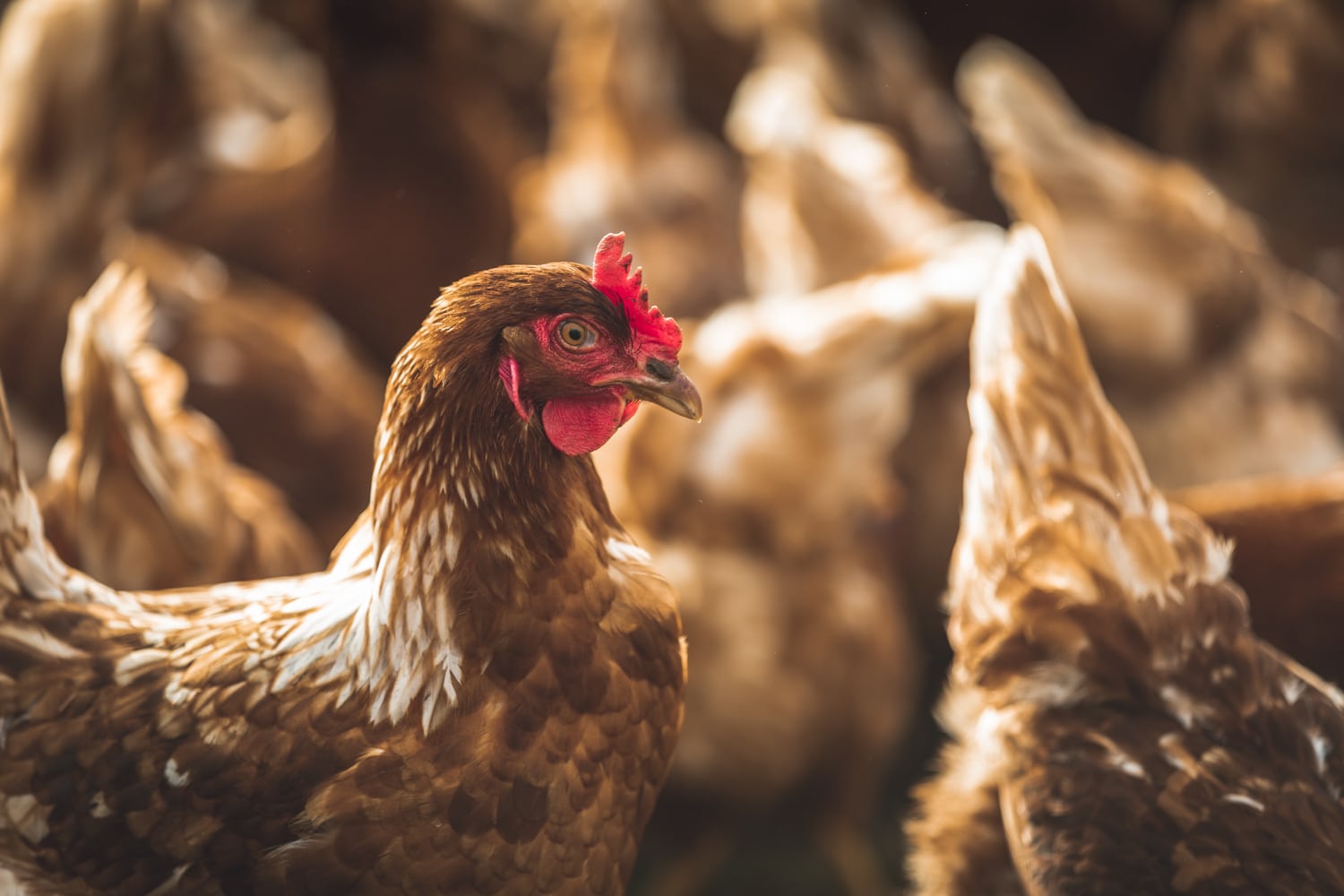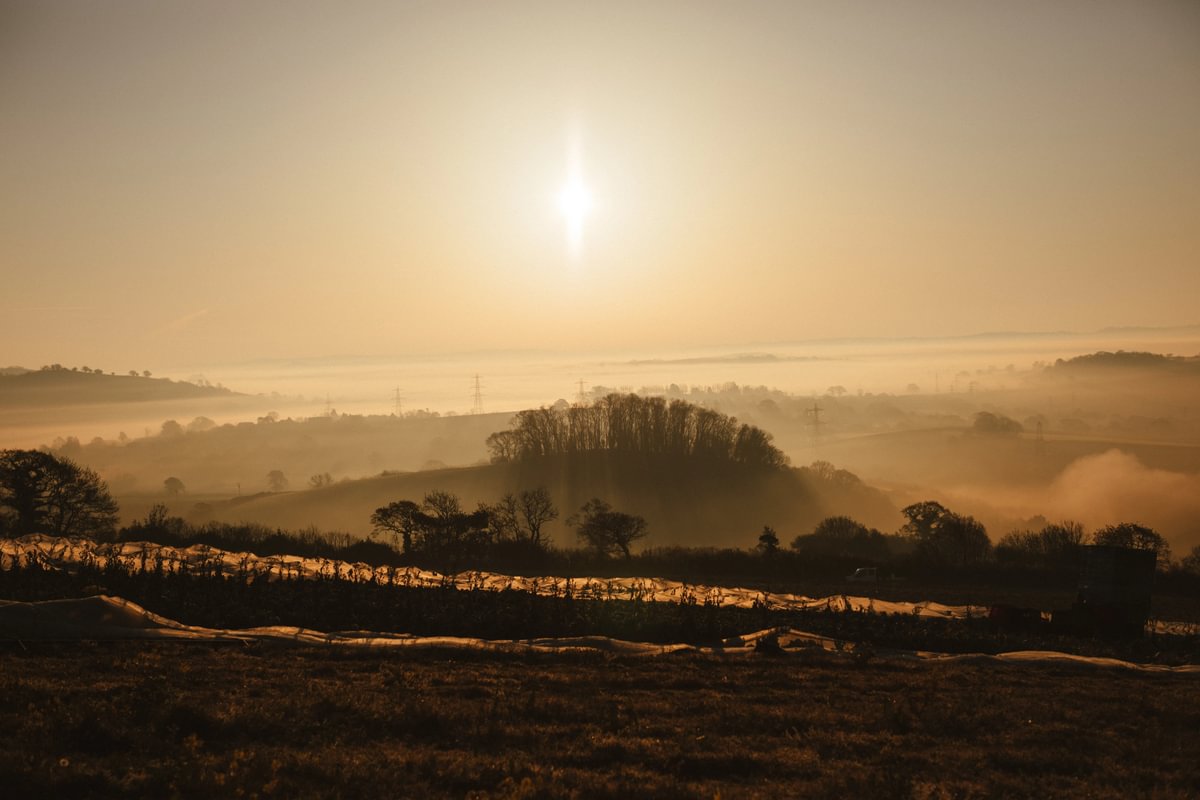At the moment the UK is experiencing its biggest ever outbreak of avian influenza, otherwise known as bird flu. It is as much an ecological disaster as it is an agricultural one, as hundreds of thousands of birds in the country, wild or domestic, have succumbed to the H5N1 strain of the virus – or been culled as a precaution – this year.
To say the current situation is putting a lot of stress on Britain’s poultry farmers would be an understatement. “Ever since we had an outbreak close to our main farm back in April,” says James Coleman, director of Devon free range duck and chicken farm Creedy Carver. “I have not had a good night’s sleep since. Living with constant fear and a sense that you are no longer in control of your future is very unsettling.”
Heading into winter, bird flu is about to get a lot more virulent. With that in mind, what precautions and mitigative measures are being looked at, and how effective could they be in reducing the rate of infection?
Quarantines and culling
As of 7 November, all poultry in the UK must be kept indoors, effectively putting a temporary end to ‘free range’ eggs and poultry meat.
Encouraged by The British Poultry Council, this is the latest step in attempting to manage the virus. Defra says this will reduce the risk of domesticated birds being infected, but states that good biosecurity measures – such as disinfecting footwear and vehicles – are just as essential.
Culling partly infected flocks is also currently part of law. That’s not to say farmers unanimously agree with it – in July, Andy Hayllor, a Devon farmer who supplies chickens to Riverford, had to dispatch 25,000 of his flock, many of which were healthy. “It destroys your business,” he says. Rather than these measures, Hayllor would rather “chickens built up immunity naturally.”
In the past, housing orders have proven successful in curtailing infection rates, but it remains to be seen whether it will be enough to rein in what has been such a rampant strain of the virus.

Free-range
Since free-range and outdoor-raised poultry are more dispersed and in fresh air (which in past cases has shown to dilute viruses), there may be the temptation to think free-range poultry is more resistant to contracting bird flu. However, “both free range and housed poultry have been infected in this outbreak,” says infectious disease epidemiologist James Wood, who heads up the Department of Veterinary Medicine at the University of Cambridge. “There is no evidence that free range birds are more resistant – rather, you might expect them to be more exposed.”
A lower stocking density means that an outbreak may sometimes spread slightly more slowly or less well than in a densely populated fattening shed. James Wood, infectious disease epidemiologist at the University of Cambridge.
To begin addressing future risks, The Soil Association recommends Britain moves away from intensive production (as is the case with 96 per cent of poultry), and relies on sparser, more free-range livestock systems. Wood doesn’t rule this out as a useful approach. “A lower stocking density,” he says, “means that an outbreak may sometimes spread slightly more slowly or less well than in a densely populated fattening shed.”
Vaccines
“Ultimately, we need to find a cure for the disease,” says Rod Adlington, who runs a poultry farm near Coventry. “But this seems to be a long way off.” He’s not wrong – vaccines, while recommended by much of the scientific community, aren’t currently supported by Defra.
This is because, as well as being costly, they must be delivered to each bird individually. Which, given the UK houses around 190,000,000 commercial poultry and egg-laying birds, is no small feat.

Bird flu vaccinations, however not totally watertight, have proved pivotal in the past. What was developed against the H7N9 strain in China in 2017, for instance, limited its spread among poultry and effectively reduced human infections to zero.
Still, such a measure will only be rolled out in the UK when it’s clear there is no better, more cost-effective, way of controlling the virus beyond the current stage of quarantining flocks and culling those even partly infected.
GMO chicken
Scientists are currently researching ways to edit the genes in chickens to help stop the spread of bird flu. This involves taking cells from a chicken embryo and introducing the appropriate gene into it.
The main benefit is that chickens will effectively be born with genetic resistance – potentially less of a hassle than mass vaccination. However, scientists are in the early stages of their research, and it could take between five and 10 years before chickens resistant to bird flu are commercially available.
There is also the GMO argument – there’s no saying what side effects manipulating an organism’s genetic makeup could have (fears exist over links to cancer, digestive disorders, and reproduction complications), while it’s unlikely certifications such as organic, which oppose GMO, would support genetically-modified chicken.
If the government does not change the legislation, or offer significant financial support for those farms affected, the industry will be potentially lost forever. James Coleman, poultry farmer.
Policy reform
Some think laws or assurances need to change to more effectively protect the local production of poultry.
“If the government does not either change the legislation,” says Coleman, “which is totally out of date and I believe written for the control of foot-and-mouth, or offer significant financial support for those farms affected by AI [avian influenza] in the way of proper compensation and a furlough scheme, the industry will be potentially lost forever.”
Hayllor agrees: “It’s bloody crazy. The support offered is not enough. There’s no guidelines, there’s no clarity.”
At the time of writing, farmers receive compensation for the culling of healthy poultry – not infected ones – as a result of an outbreak on their farm. Like Coleman, some farmers are worried about what the lack of safety nets might say about the UK government’s intentions going forward. “This current government seems happy to look towards an increased reliance on imported food which is a big mistake,” he says.
Due in part to fears of viral mutations, Defra currently does not condone vaccine use against bird flu. But, like how China eventually controlled the disease in 2017, a combination of an effective vaccine against multiple strains, and a policy change towards vaccines, could ultimately be what helps stem the tide.
The beginning of the end for farmed poultry?
Bird flu is no longer the seasonal threat it once was. Rather, its virulence is felt no matter the time of year. Some would say this is a warning sign, and a good reason to cease eating meat altogether. Others would argue this would give up too much, from staples like Christmas turkeys through to farmer livelihoods and the agricultural systems supported by poultry, such as pasture mob grazing techniques (where chickens follow cows in rotation) used to improve soil health.
Whatever the case, with farmers feeling they’re not receiving the support they need, the future of sustainably-produced, higher welfare poultry is very much in the lurch.









Why are the farmers not using the homeopathic nosode put into the drinking water or feed? It is safe and reliable – not expensive and available from all good homeopathic pharmacies. Surely we have to move away from lockdowns, quarantines and vaccines in the organic farming world? Look how badly it went in the chemical/pharmaceutical human population. You can’t expect any new outcomes if you keep on doing the same thing over and over again. Look to https://wholehealthag.org for a start…
Isn’t there a familiar ring to all this? Involvement of Fauci? Involvement of WHO? “First discovered in China”. No evidence of such “flu” apart from a Mr Gosling in Devon. Supposedly only 34 people died worldwide .. tested using (failed) PCR test. Why should anyone actually believe anything we are told by the WEF desperados? We are being lied to again by the Fear-Porn merchants acting on instructions from WHO – to whom we have handed our own decision-making processes to.
Are these comments monitored? One post makes a case for homeopathy, a long discredited pseudoscience with no scientific basis. Any effect can be attributed to placebo, which I doubt would work with chickens. Another post spouts bizarre and delusional conspiracy theories.
I don’t think Wickedleeks is a place where such discredited opinions should be aired without a rational response.
We surely do not want more imports – from countries with far lower standards than ours, both animal welfare & food standards. It’s because of our higher standards that some farmers have such a headache these days – with so much paperwork etc. We also do not want GM, with scientists playing God/Mother Nature while all the time being funded by – who knows.
Surely a lower stocking density, homeopathic meds, along with culling just the affected birds & seeing if the rest of the flock builds up immunity naturally, would be best. These farmers also need Government financial help – otherwise more of them will hit the wall – then where will your food come from – China’s vaccinated flocks?
Of late, the UK (you) gave China £71 million pounds & apparently we are about to invest millions in Albania for infrastructure projects, that’s after “UK officials revealed they were spending about £7 million a day housing asylum seekers in hotels, with the cost expected to rise”. Where are all the millions for our farmers or nurses or our war veterens living on the streets?
I agree wholeheartedly with the first two comments, but have to dissagree with the third – and comment.
“Homeopathy, a long discredited pseudoscience with no scientific basis” since big Pharma has been trying to discredit natural remedies for many years I suppose it’s not surprising some people have that opinion, as many papers saying such things were written by people paid by big Pharma. The website is interesting & one part says “Despite conventional wisdom maintaining that Homeopathy and CAMs (Complementary and Alternative Medicine) either do not work or only work through a placebo effect, via this survey WHAg have documented notable results that CAM approaches work.”
As to “bizarre and delusional conspiracy theories” – I only wish that was true but, unfortunatly I do not. You may wish to watch “Safe & Effective” on oraclefilms.com
Bit off topic, sorry, rant over.